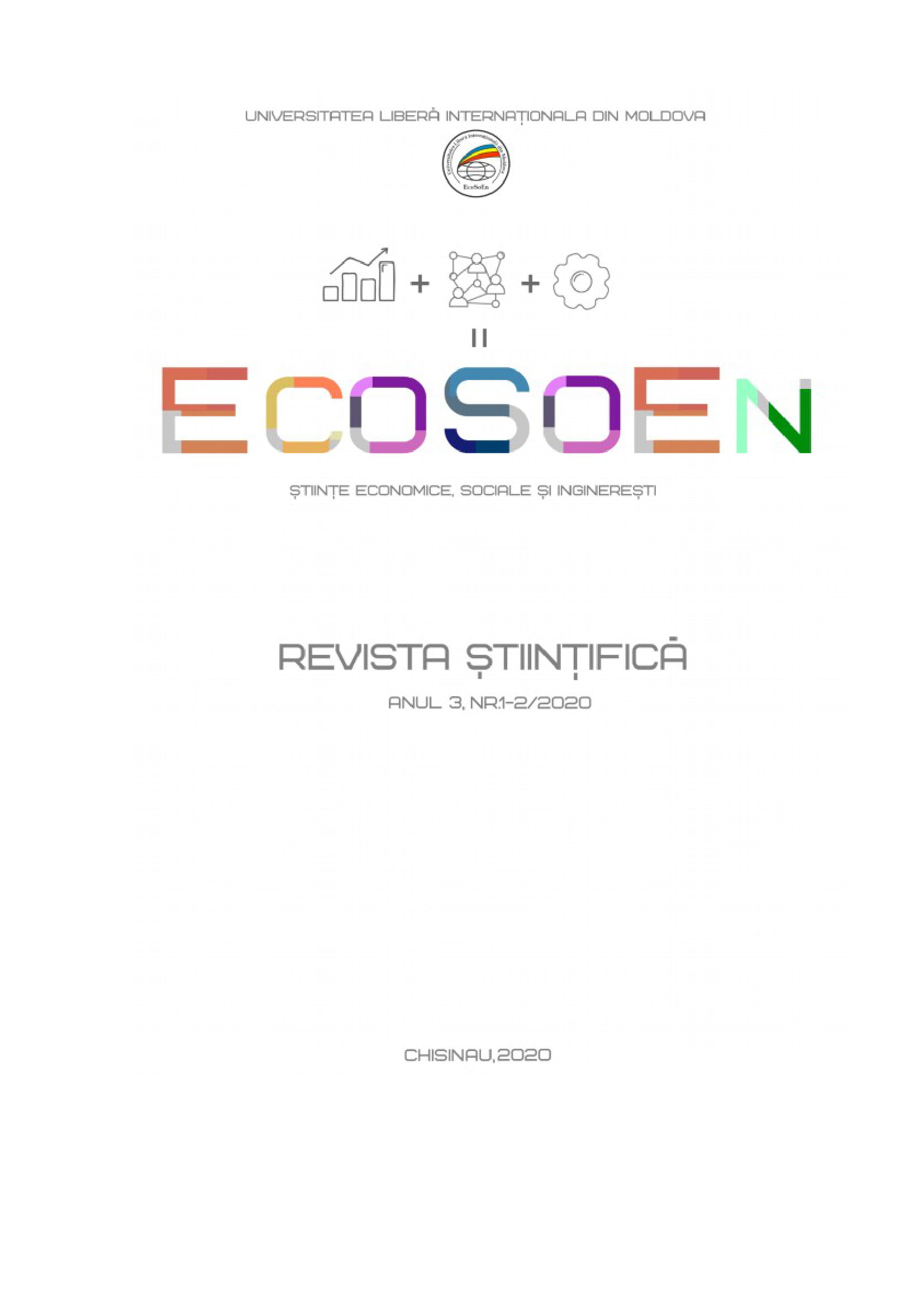ROLUL STĂRII PSIHOLOGICE DE BINE ÎN PROFILAXIA ARDERII PROFESIONALE
THE ROLE OF PSYCHOLOGICAL WELLBEING IN THE PROPHYLAXIS OF BURNOUT
Author(s): Svetlana RUSNAC, Irina BostanSubject(s): Social Sciences, Psychology, Individual Psychology, Social psychology and group interaction, Personality Psychology
Published by: Universitatea Liberă Internațională din Moldova
Keywords: burnout; depersonalization; emotional exhaustion; reduction of personal achievements; psychological well-being;
Summary/Abstract: The hypothesis was verified in the present research: professional burning can be determined by certain cognitive-emotional predispositions of personality, the positive subjective attitude towards life, self and the socio-professional environment, characteristic of the psychological state of well being, presenting a securing factor. The burnout syndrome, caused by tension and emotional exhaustion, affects, mostly, the person's health. The burning process affects the feeling of happiness and decreases the level of autonomy, while, at the same time, the general satisfaction of life remains constant and the purpose and meaning of life are preserved. Thus, the creation of conditions favorable to work, the possibilities for the ones development, as well as his involvement in the deceiving process can serve as a tool for reducing the level of professional bournout. At the same time, satisfying professional needs and increasing the level of professional satisfaction influences considerably the state of well-being. Harmony between all aspects of a person's life leads to job satisfaction and increased psychological well-being, thus reducing the risk of unbearable factors in the workplace leading to burnout, but the risk is not ruled out that the person, however, might go through some stages of burnout, such as tension, emotional exhaustion. We can conclude that the fixed organization of the subordination criteria, the stable division of service obligations, the establishment of the level of responsibility according to the professional hierarchy, reduces the employee's tension and at the same time decreases the risk of professional burnout. While the liberal administration regime, when the employee is charged with the need to adapt decisions, and to take responsibility without feeling support and supervision from the superior, leads to a high level of professional burnout and exhaustion, it is also in these conditions that the material motivation factors of the employee become less important, the level of tension exceeding the limits
Journal: EcoSoEn
- Issue Year: 1/2020
- Issue No: 1-2
- Page Range: 264-276
- Page Count: 13
- Language: Romanian

